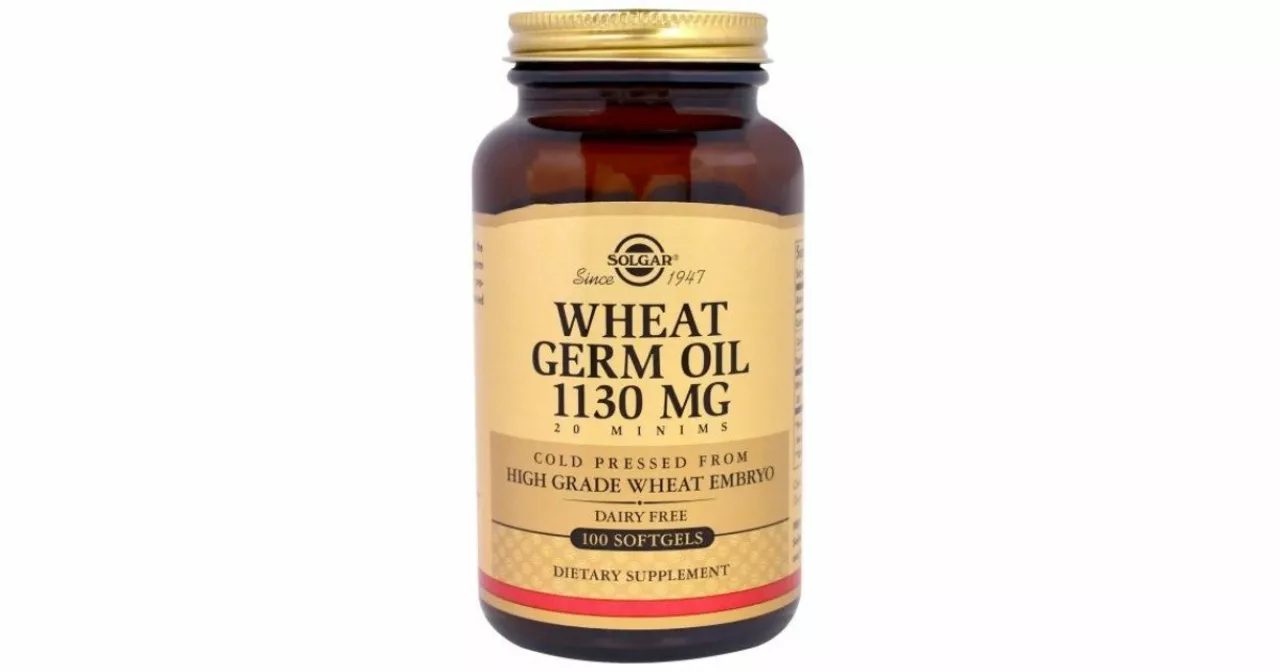Fermented Wheat Germ Extract: What It Does and How People Use It
Here's a fact: fermented wheat germ extract (FWGE) has been studied for immune support and as an add-on in cancer care. It’s a concentrated powder made by fermenting wheat germ with yeast. The process changes some compounds, producing molecules that may affect immune cells and inflammation.
Manufacturers sell FWGE under names like Avemar or FWGE; the active mix includes quinones and other small molecules. Research suggests these components can boost natural killer (NK) cell activity and modulate cytokines, which helps the immune system respond more effectively.
Clinical evidence is mixed but interesting. Small European trials tested FWGE as an adjunct to standard cancer treatments and reported improved quality of life and fewer treatment-related infections in some groups. Other lab studies show reduced tumor cell growth in culture. These findings are promising but not definitive.
People use FWGE mainly for immune support and as complementary therapy during cancer treatment. Some also try it for chronic infections or to reduce inflammation. Think of it as a supportive supplement — not a replacement for prescribed drugs or standard care.
In clinical studies, doses ranged widely. A common approach is 2–9 grams daily, split into two or three servings. Many products come as a powder you mix with water or juice. Always follow the product label and check with your doctor before starting, especially if you are on chemotherapy or immune-modulating drugs.
FWGE is usually well tolerated. Reported side effects are mild and include digestive upset, bloating, or nausea. Avoid FWGE if you have a wheat allergy or celiac disease, since it contains wheat proteins. If you notice new symptoms after starting it, stop and talk to your healthcare provider.
Because FWGE can affect immune markers, it could theoretically interact with immune-suppressing or immune-boosting treatments. That makes medical supervision important for people with cancer, autoimmune disease, or those on immunotherapy.
When choosing a product, look for reputable brands and clear labeling. Prefer supplements that list the exact ingredient (FWGE or Avemar) and include batch testing or third-party verification. Beware of unsupported health claims and sellers who promise cures.
If you decide to try FWGE, treat it as part of a broader plan: good nutrition, sleep, stress control, and standard medical care. Track how you feel and any side effects. Keep open communication with your medical team so they can adjust treatments if needed.
Curious? Ask your doctor for specific guidance and, if appropriate, request monitoring while you try FWGE. It’s a supplement with interesting data but not a miracle. Responsible use and medical oversight will help keep things safe and useful.
How studies used FWGE
Most clinical trials were small, usually 50–200 participants, and lasted from a few weeks to several months. Researchers commonly measured quality of life, infection rates during chemotherapy, and immune markers like NK activity. Results often showed modest benefit on symptoms and immune tests, but larger randomized trials are still needed.
Buyer checklist
Check batch testing and origin.
 27 May 2023
27 May 2023
Why Fermented Wheat Germ Extract is the Must-Have Dietary Supplement for Your Wellness Routine
Incorporating fermented wheat germ extract (FWGE) into my wellness routine has been a game changer for my overall health. This must-have dietary supplement is packed with nutrients, antioxidants, and even has anti-cancer properties. It boosts my immune system, supports cellular metabolism, and helps maintain a healthy gut. I've noticed increased energy levels, improved digestion, and an enhanced sense of well-being since adding FWGE to my daily regimen. Trust me, your body will thank you for making this powerful supplement a part of your wellness journey.
Latest Posts
-

Reimbursement and Coding for Biosimilars: How Billing Works Under Medicare Part B
-

Questions to Ask Your Doctor Before Starting a New Medication
-

Alfacalcidol and Skin Health: What You Need to Know
-

How to Appeal Insurance Denials for Generic Medications: A Step-by-Step Guide
-

Cochlear Implants: Top Benefits for Severe Hearing Loss

7